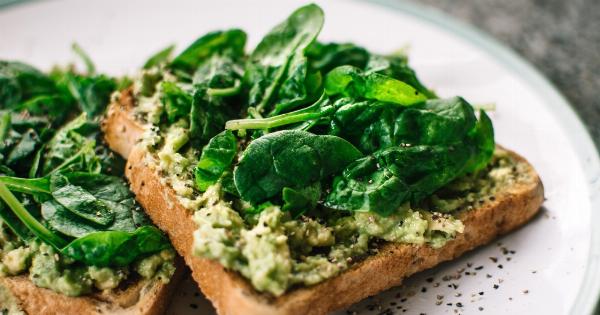Most of us cringe when we taste something bitter. Bitter foods are generally not preferred.
However, have you ever wondered why some people like to eat or drink bitter beverages? If you are one of those who cannot tolerate the bitterness, this post is for you. We’re going to talk about why some people like the taste of bitter foods and the benefits that bitter foods have for your health.
What Are Bitter Foods?
Before we dive into the benefits of bitter foods, let’s define what are bitter foods. Bitter foods are one of the five basic tastes that humans can perceive, along with sweet, sour, salty, and umami.
Bitterness usually comes from flavonoids and alkaloids, compounds found in certain plants.
Why Do Some People Like Bitter Foods?
Some people have a natural affinity for bitter foods, while others can hardly stand the taste. This difference in preference might be related to your genetics, as bitterness receptors can vary between individuals.
The more bitter-sensitive ones may have evolved to reject toxic plants, which usually have a bitter taste as a defense mechanism.
However, not all bitter foods are poisonous. Some foods have bitter compounds that are beneficial for your health.
What Are the Benefits of Eating Bitter Foods?
If you’re someone who avoids bitter foods, you might want to consider adding them to your diet. Bitter foods have health benefits that can improve your overall wellness.
Improves Digestion
Bitter foods have been used for centuries to aid in digestion. Bitter taste receptors stimulate the secretion of digestive enzymes and bile, which help the body break down food and absorb nutrients.
Eating bitter foods before a meal can also increase appetite and improve digestion.
Bitter foods that can improve digestion include bitter melon, dandelion greens, radicchio, and arugula.
Reduces Inflammation
Chronic inflammation is linked to various health conditions such as heart disease, diabetes, and cancer. Bitter compounds have anti-inflammatory properties that can reduce inflammation in the body.
Bitter foods that have anti-inflammatory properties include turmeric, bitter melon, and Indian neem leaves.
Regulates Blood Sugar Levels
Bitter foods can also help regulate blood sugar levels. Bitter compounds slow down the absorption of carbohydrates in the body, which prevents a rapid spike in blood sugar levels. This is particularly helpful for people with diabetes or prediabetes.
Bitter foods that regulate blood sugar levels include bitter gourd and fenugreek.
Boosts Immunity
Bitter foods are rich in antioxidants and phytonutrients, which can help boost the immune system. These compounds protect against free radicals that can damage cells and cause diseases.
Bitter foods that boost immunity include kale, Brussels sprouts, and cacao.
How to Incorporate Bitter Foods into Your Diet
Now that you know the benefits of bitter foods, you might be wondering how to add them to your diet. Here are some tips:.
- Start with small amounts of bitter foods and gradually increase your intake.
- Combine bitter foods with other flavors, such as sweet or sour, to balance the taste.
- Try different methods of cooking bitter foods, such as roasting or sautéing.
- Add bitter foods to smoothies, soups, or salads.
Bitter Foods: Good or Bad?
In conclusion, bitter foods are not necessarily bad, as some people might think. They have health benefits that can improve your overall wellness.
Bitterness is just one of the many tastes found in foods, and it is important to have a diverse diet that includes all flavors. With the right preparation and combination with other flavors, bitter foods can be a delicious addition to your meals.





























